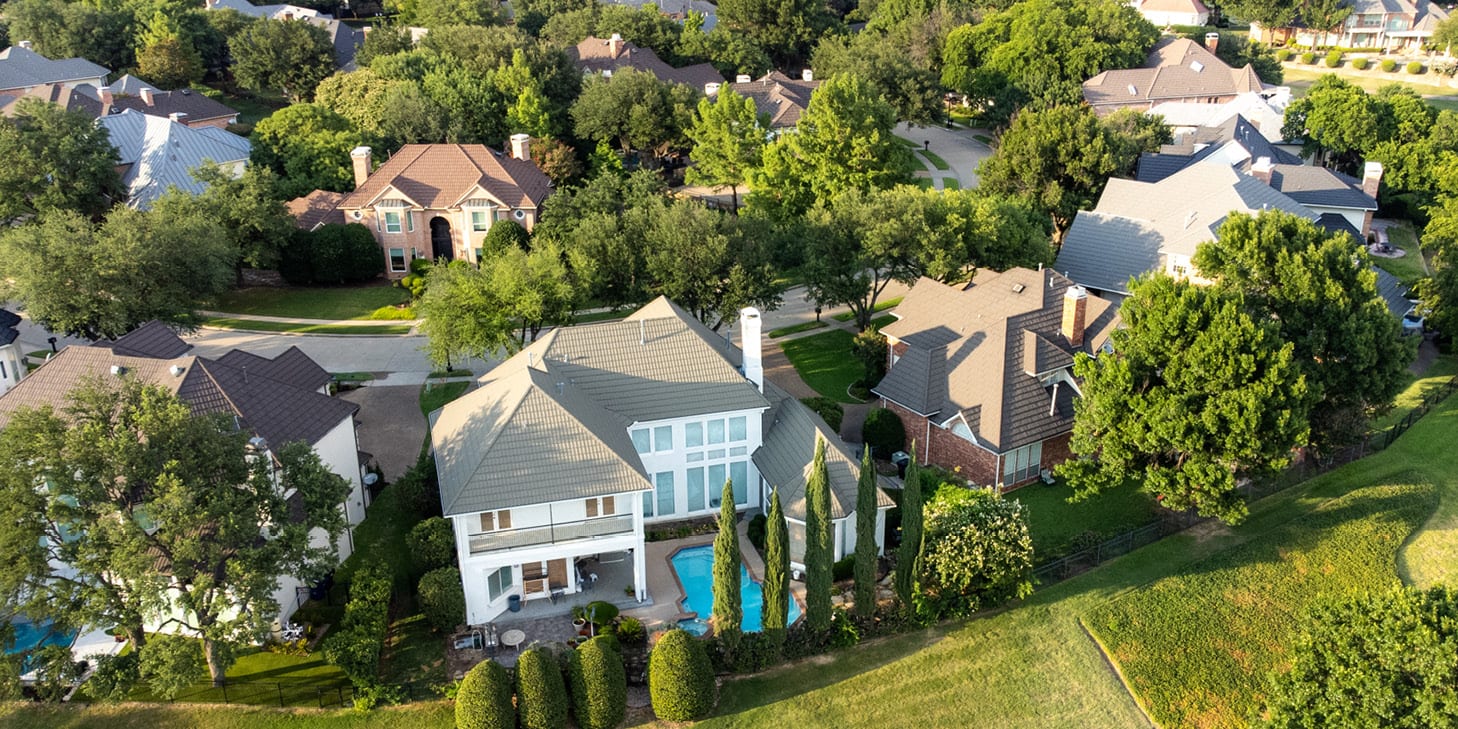Strata Backyard Bylaws and Rules: What's Allowed And What's Not

Supporting efficient community operations and stable property values, bylaws and rules are a necessary part of every Strata Corporation. As a member of a managed community, you're legally required to abide by the bylaws and rules. Found in the governing documents bylaws and rules should outline everything from what color you can paint your front door to the type of decorations you can use in your backyard. Read on to learn more about Strata backyard bylaws and rules, including why they matter and what happens if you violate them.
Why Are Strata Corporation Bylaws and Rules Important?
Strata Corporations have bylaws, rules and regulations to establish community standards and ensure alignment with applicable local, provincial, and federal laws. However, for a community to thrive, homeowners must follow the bylaws and rules. While Strata Corporation’s bylaws and rules may seem strict, these guidelines are important because:
- Bylaws and Rules promote harmony. Generally, a community has bylaws and rules regarding conflict resolution procedures to mitigate disputes. Designed to facilitate positive relationships, these bylaws and rules help resolve issues before they turn into larger ones.
- Bylaws and Rules stimulate property values. By creating bylaws and rules for maintenance, landscaping, and architectural controls, the Strata Corporation keeps the neighbourhood attractive and appealing for existing homeowners and prospective buyers.
- Bylaws and Rules help keep the community safe. Access code, guest entry, lighting, and amenity usage bylaws and rules, all encourage safety and minimize the risk of injury.
The Most Common Strata Backyard Bylaws and Rules
Although Strata backyard bylaws and rules vary by each community association, you may find common Strata backyard bylaws and rules related to:
- Furniture, equipment, and decorations. Patio furniture, bird baths, basketball hoops, sculptures, and other accessories like chimes may not be allowed to preserve a consistent aesthetic.
- Noise policies. Communities may enforce quiet hours during certain times of day, and policy limits may pertain to music at parties, construction, and even barking dogs.
- Landscaping restrictions. Strata landscaping bylawss and rules prevent invasive plant growth, trees hanging over fences, and unhealthy lawns, which could negatively impact property values.
- Outdoor structures. Associations often require oversight of the construction of pergolas, fire pits, and other outdoor structures to confirm they're secure and non-hazardous.
- Backyard amenities. To maintain safe backyard environments, pools, hot tubs, built-in grills, and other amenities may be restricted or prohibited altogether.
- Pets and animal regulations. Pet regulations may limit the types of pets permitted and prohibit outside-only dogs and cats. Animal regulations detail the types of farm animals and exotic animals allowed in the Strata Corporation.
- Fence guidelines. Fence heights, material types, and colours may be regulated to retain a similar look and feel.
How to Make Changes to Your Strata Backyard
Even though Strata backyard bylaws and rules exist, homeowners may be able to make changes to their backyards by submitting an architectural request. An alteration request is a request made by a homeowner to modify their property, like installing a pool or painting their fence. This request goes to the Council members or an alteration review committee who approve or deny the change based on a variety of factors. While it can differ by community, the architectural review process typically works like this:
- Application submission: Homeowners wishing to make alterations or additions to their property complete an application with detailed plans and specifications.
- Application review: The Council or an architectural review committee evaluates the application and determines if the proposed changes comply with the community's architectural guidelines.
- Decision-making: The project will be approved or denied over the course of a period of time . During this time, the Council or committee may provide feedback or suggest revisions. If denied, homeowners may be able to appeal the decision and resubmit their request.
- Execution: Once approved, homeowners can carry out their projects accordingly. Strata inspections might occur to guarantee compliance throughout construction.
What Happens if You Break Strata Backyard Bylaws and Rules?
Strata residents should always aim to follow their association's bylaws and rules. Every community is different, but if a homeowner violates a Strata backyard bylaw or rule, they'll most likely receive a violation notice requesting that they resolve the issue to avoid a penalty. In situations where the homeowner in question is a repeat offender, depending on the severity of the violation, they may need to attend a hearing, pay a fine, or face further action. Homeowners who feel a violation is unjust may be allowed to contest the claim within a hearing with their Council.
Breaking Down Strata Bylaws and Rules Beyond the Backyard
Adhering to Strata backyard bylaws and rules and other policies is vital to successful Strata operations. Residents must recognize the importance of following all association bylaws and rules, the potential consequences of violations, and the impact that bylaws and rules have on the community, good or bad.